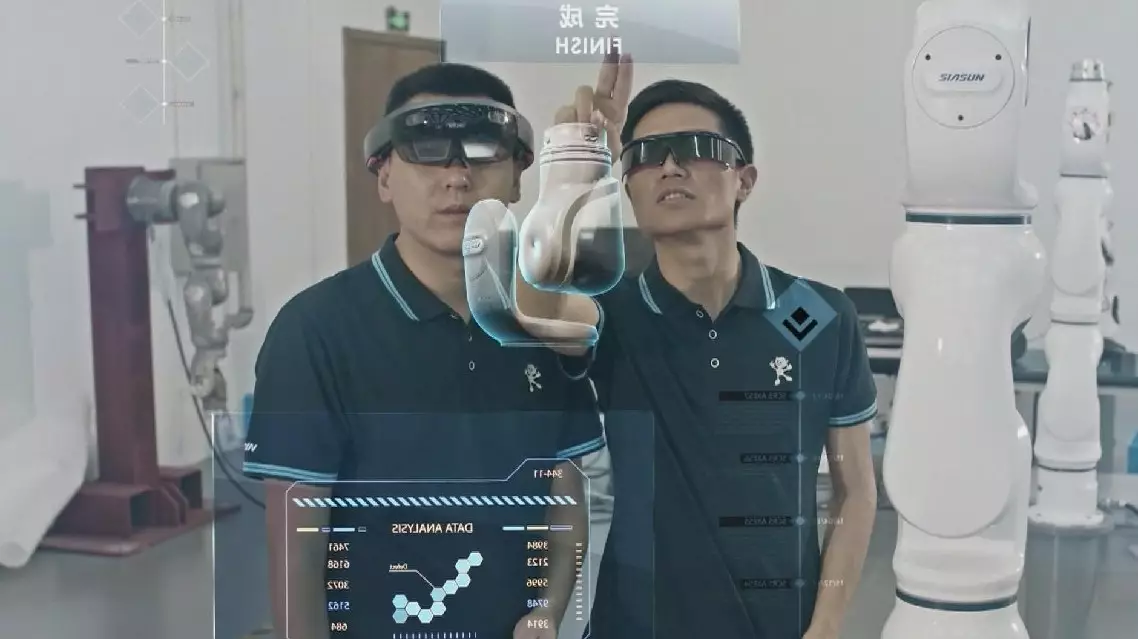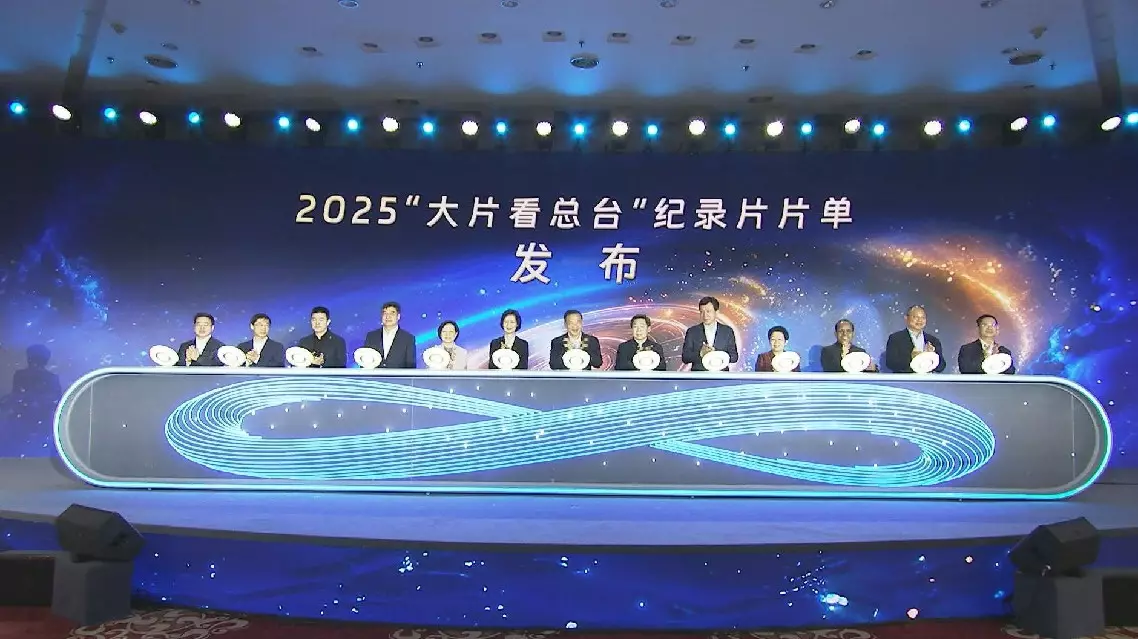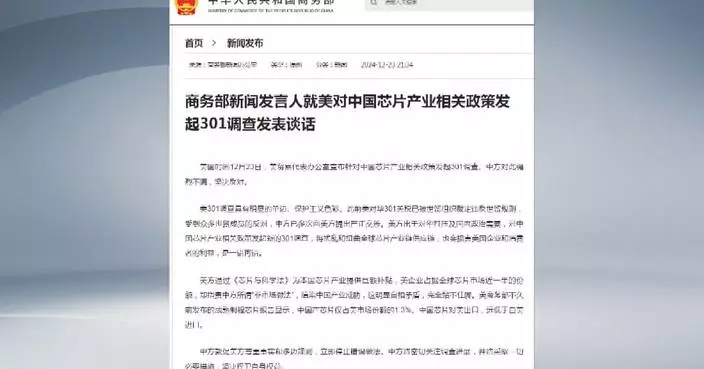The Chinese government has rolled out a number of policy combinations since the beginning of this year to boost and regulate the development of the artificial intelligence (AI) sector.
A guideline released by the Ministry of Industry and Information Technology and six other ministries and agencies in January called for efforts to develop future industries, which refer to new industries integrated with advanced technology, such as metaverse, humanoid robots, brain-computer interface and quantum information. It stressed that AI and advanced computing should be applied to accurately identify and cultivate future industries with huge potential in the push for new industrialization.
In March, the Ministry of Education launched a nationwide AI Empowerment campaign to enhance teachers and students' AI knowledge and skills, promote the application of AI-powered educational systems, develop special AI models for teaching and learning, and advocate legal and ethical use of AI.
On July 2, the guidelines jointly unveiled by the Ministry of Industry and Information Technology and three other government organs specified seven key areas for developing the AI standard system in the country, including standards for key technologies, intelligent products and services, and industry applications.
According to the guidelines, China will formulate more than 50 national and industrial standards for artificial intelligence (AI) by 2026 and develop a standard system to guide the high-quality development of the sector.
"We have numerous scenarios in various industries that need these technologies to empower. We need to address all kinds of issues in the industrial implementation of large models, such as data governance, platform construction and computing power layout to lay a solid foundation for the sustainable development of AI,” said Wei Kai, head of the Artificial Intelligence Research Institute under the China Academy of Information and Communications Technology.
In recent years, China's AI industry has achieved progress in technological innovation, product creation, industry applications and other areas. The sector has presented new features with the accelerated development of new technologies like large models.
China now hosts more than 4,500 AI companies. Its core AI industry reached a scale of more than 578 billion yuan (about 81 billion U.S. dollars) in 2023, up 13.9 percent year on year, according to official data.
In this year's government work report, China unveiled an AI Plus initiative, a strategic move designed to propel the digital economy's expansion and spearhead the transformation and modernization of manufacturing sectors.

China steps up policy support for AI development









